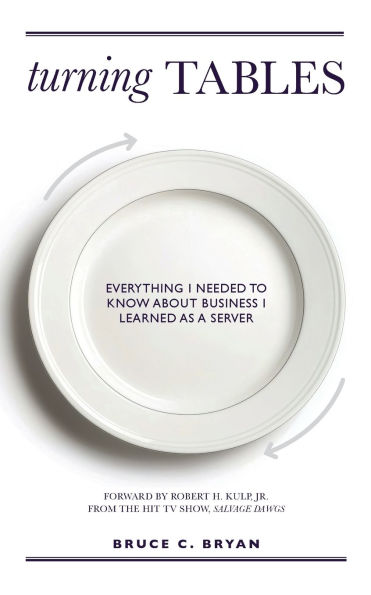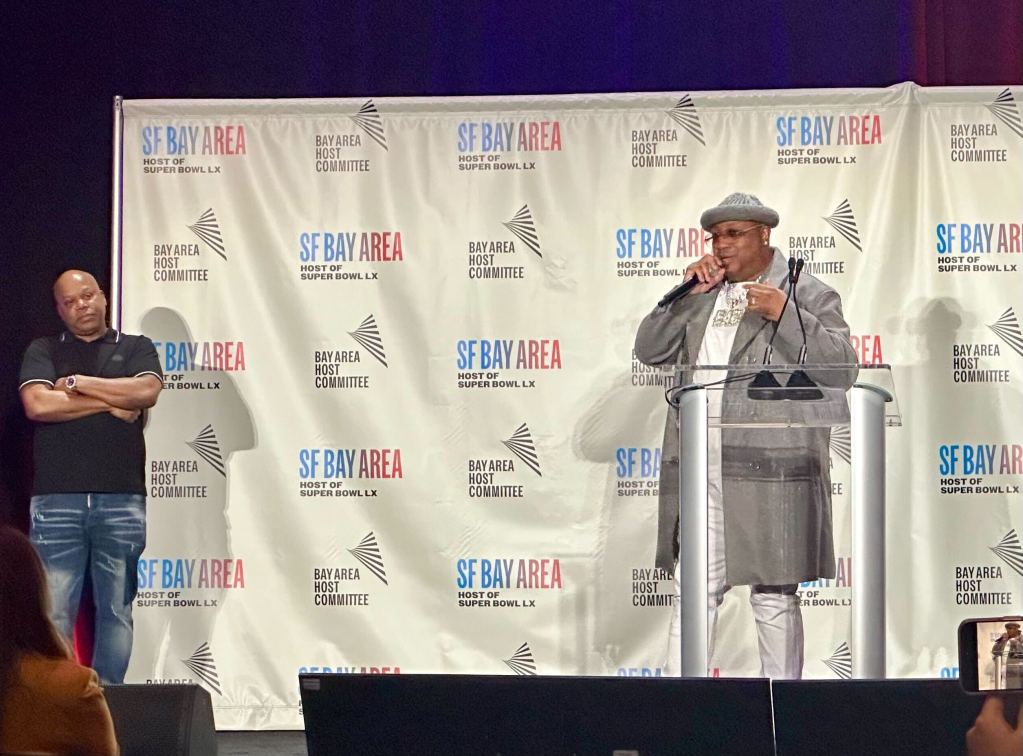
Musicians and venue staff are set to gain valuable insights from Bruce C. Bryan’s new book, Turning Tables: Everything I Needed to Know About Business I Learned as a Server. The book draws connections between the world of exceptional service and success in live music, highlighting the shared skills that contribute to memorable experiences for audiences.
Bryan, who has a rich background in service and marketing, brings a unique perspective to the discussion. He served as a waiter during his college years, managed television sales teams, and currently leads the marketing and branding firm 5 Points Creative. His commitment to the live music scene is further demonstrated through the establishment of his non-profit, Spot on Kirk, located in Roanoke, Virginia. This venue has become a hub for both regional and touring musicians, hosting artists like Cedric Burnside, Morgan Wade, Freddie McGregor, and Wheatus.
The core premise of Turning Tables is that running a live music event is remarkably similar to managing a restaurant. Bryan emphasizes that both environments require a dedicated team working seamlessly behind the scenes. As the lights dim and the audience anticipates the performance, the importance of teamwork, timing, and attention to detail becomes evident.
In his book, Bryan compares exceptional service to a performance, noting that both servers and musicians must engage with their audience. He asserts that there is a rhythm inherent in both roles; every movement matters. For those in attendance, the energy and passion of the performers and staff can significantly impact the overall experience.
Bryan also underscores the value of respecting seasoned professionals within both industries. He refers to these individuals as the “Dollys” of the workplace, akin to a venue’s stage manager or sound engineer. Just as kitchen staff rely on one another, a successful live music team thrives on communication and mutual support. It is essential for everyone to know their cues and work together cohesively.
The author highlights a memorable episode from the television series The Bear, titled “Forks,” which illustrates the idea of “hospitality as precision.” Bryan encourages musicians and crew members to adopt this mindset by checking equipment before doors open, confirming set times, and maintaining tight communication. He emphasizes that it is not merely about the tools used, but rather about honoring the craft itself, which encompasses sound, setup, and audience engagement.
Another key theme in Turning Tables is the importance of beginning interactions with a smile and concluding with gratitude. This principle transcends basic customer service; it is fundamental to building a solid reputation. When performers express appreciation for their crew and staff treat each band as if they are headliners, it fosters a culture of respect and loyalty. As Bryan notes, “People pay more for exceptional service,” which in the music industry translates into lasting relationships and repeat performances.
For professionals in the live music sector, from sound engineers to touring bands, Turning Tables serves as a comprehensive guide to enhancing attitude, preparation, and professionalism. Bryan’s practical advice includes:
– Prepare like a pro
– Perform with care
– Support your team
– Show gratitude always
Both serving dinner and entertaining a crowd involve the creation of unforgettable experiences. Bryan’s insights encourage readers to rethink their approach to gigs and shows, ultimately suggesting that hospitality can transform their work into an art form.
Those interested in elevating their service and performance skills may find Turning Tables to be an invaluable resource. The book offers a fresh perspective on how critical service and teamwork are to the success of any live event, making it essential reading for anyone involved in the music industry.






